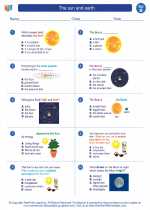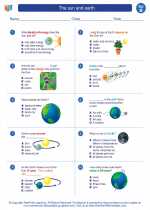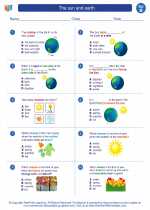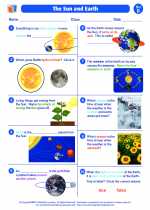The sun and earth -> water balance
Water Balance
Water balance refers to the homeostasis of water within an organism, maintaining a proper balance between water intake and water loss to ensure the body functions effectively. This balance is crucial for various physiological processes, including maintaining blood pressure, regulating body temperature, and facilitating the transportation of nutrients and waste products.
Factors Affecting Water Balance
Several factors influence water balance in the body:
- Fluid Intake: This includes drinking water as well as obtaining fluids from foods and other beverages.
- Fluid Loss: This encompasses water lost through urination, sweating, breathing, and bowel movements.
- Environmental Conditions: Temperature, humidity, and altitude can impact water loss through sweat and respiration.
- Physical Activity: Exercise and physical exertion can lead to increased fluid loss through sweat.
- Hormonal Regulation: Hormones such as antidiuretic hormone (ADH) and aldosterone play a role in regulating water balance by controlling the reabsorption of water in the kidneys.
Importance of Water Balance
Maintaining proper water balance is essential for overall health and well-being. An imbalance in water levels can lead to dehydration or overhydration, both of which can have detrimental effects on the body. Dehydration can cause symptoms such as dizziness, fatigue, and confusion, while overhydration can lead to water intoxication, which may result in electrolyte imbalances and swelling of the brain cells.
How to Maintain Water Balance
To ensure a healthy water balance, individuals should:
- Drink an adequate amount of water throughout the day, especially in response to thirst and during periods of increased fluid loss (e.g., exercise).
- Consume water-rich foods such as fruits and vegetables.
- Be mindful of environmental factors that may increase fluid loss, and adjust fluid intake accordingly.
- Monitor urine color and frequency as a general indicator of hydration status.
Study Guide
Key concepts to understand about water balance include:
- Definition of water balance and its importance
- Factors affecting water balance
- Consequences of water imbalance (dehydration and overhydration)
- Methods for maintaining proper water balance
Additional study resources:
.◂Science Worksheets and Study Guides Second Grade. The sun and earth

 Activity Lesson
Activity Lesson
 Worksheet/Answer key
Worksheet/Answer key
 Worksheet/Answer key
Worksheet/Answer key
 Worksheet/Answer key
Worksheet/Answer key
 Worksheet/Answer key
Worksheet/Answer key
 Vocabulary/Answer key
Vocabulary/Answer key
